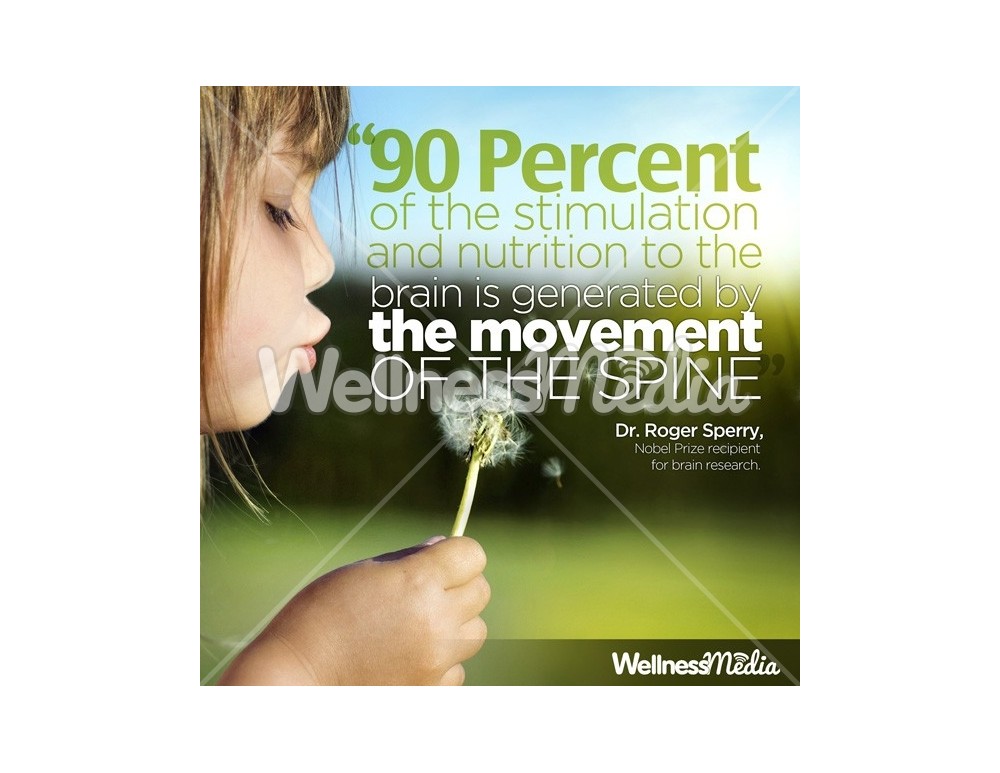The Duty Of Nourishment In Neck And Back Pain Management: Foods To Eat And Avoid
The Duty Of Nourishment In Neck And Back Pain Management: Foods To Eat And Avoid
Blog Article
Write-Up By-Livingston Nicolajsen
When it concerns handling your back pain, the food selections you make can dramatically affect just how you feel daily. Imagine being able to relieve your pain merely by readjusting what you consume. By understanding the duty of nourishment in neck and back pain management and recognizing which foods to integrate or stay away from, you can take positive actions in the direction of a much healthier and a lot more comfy way of living. The link in between nourishment and back wellness is much more profound than you might understand-- let's discover exactly how particular foods can either soothe or intensify your back pain.
Relevance of Nutrition in Neck And Back Pain
Nourishment plays a crucial function in taking care of pain in the back. Your diet can considerably impact swelling degrees and total pain levels in your back. Consuming a well balanced diet regimen abundant in nutrients like vitamins D and K, calcium, magnesium, and omega-3 fats can help in reducing swelling and enhance bones, which are essential for back wellness.
In addition, maintaining a healthy weight via correct nourishment can reduce tension on your spine, reducing the risk of neck and back pain.
Moreover, particular nutrients like anti-oxidants discovered in vegetables and fruits can help deal with oxidative stress and advertise healing in the body, consisting of the back muscular tissues and spinal column.
On the other hand, consuming excessive amounts of refined foods, sweet drinks, and unhealthy fats can add to swelling and weight gain, worsening pain in the back.
Foods to Eat for Back Health
To support a healthy back, integrating nutrient-rich foods right into your daily meals is vital. Including foods high in anti-oxidants like berries, spinach, and kale can help in reducing inflammation in your back, easing discomfort and discomfort. what can cause back pain -3 fats found in fatty fish such as salmon and mackerel have anti-inflammatory buildings that can benefit your back health.
Furthermore, eating nuts and seeds like almonds, walnuts, and chia seeds gives essential nutrients like magnesium and vitamin E, which sustain muscle function and reduce oxidative stress. Including lean proteins such as hen, turkey, and tofu can assist in muscle mass repair service and upkeep, advertising a solid back.
Don't forget to consist of dairy or strengthened plant-based choices for calcium to support bone health. Lastly, moisturize with lots of water to keep your spinal discs hydrated and operating efficiently. By consisting of these nutrient-dense foods in your diet plan, you can nourish your back and support overall spinal health.
Foods to Avoid for Pain In The Back
Select staying clear of refined foods high in sugarcoated and trans fats when seeking relief from back pain. These types of foods can add to swelling in the body, which may aggravate pain in the back. Say no to sweet snacks like candy, pastries, and sugary beverages, along with convenience food products like hamburgers, fries, and fried chicken that are typically packed with trans fats.
Additionally, stay away from foods containing high degrees of polished carbohydrates, such as white bread, pasta, and breads, as they can increase blood glucose levels and potentially worsen swelling in the body.
It's also smart to restrict your consumption of foods high in hydrogenated fats, like red meat and full-fat dairy products, as they can contribute to swelling. Refined foods like deli meats, chips, and packaged treats are typically high in saturated fats and need to be consumed in moderation.
https://can-i-go-to-a-chiropracto72838.targetblogs.com/32621687/chiropractic-care-for-households-advantages-for-all-ages , paying attention to your diet plan and making wise food options can have a considerable influence on managing back pain. By integrating nutrient-rich foods like berries, fatty fish, nuts, and lean proteins, and staying clear of refined and sweet products, you can help reduce inflammation and support overall back health. Keep in mind, what you eat plays an important role in exactly how you really feel, so make sure to prioritize your nutrition for a healthier back.
